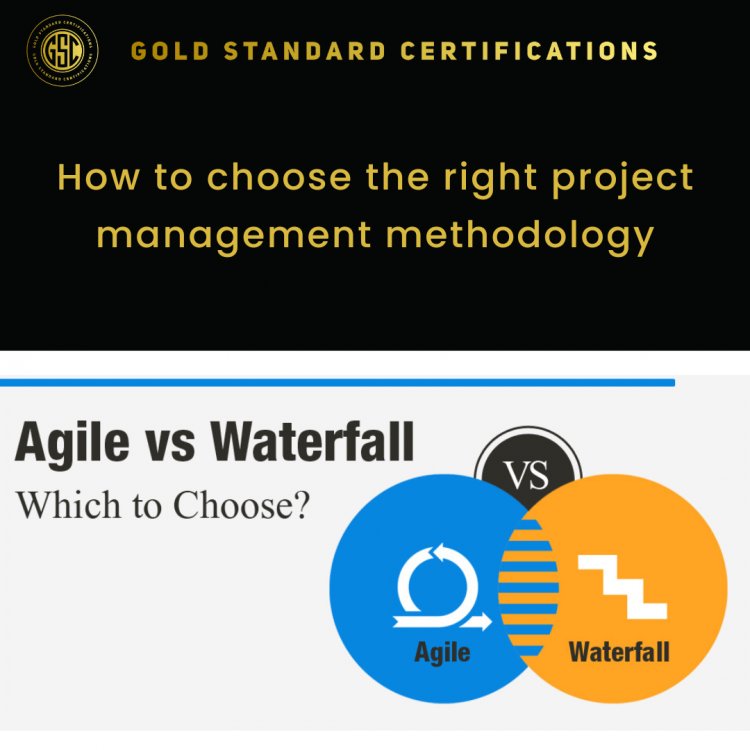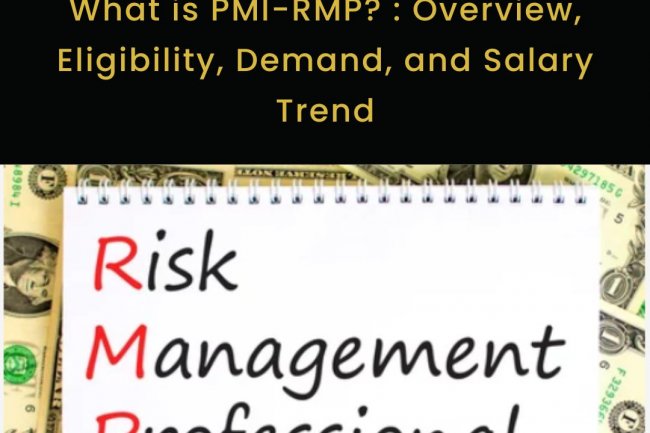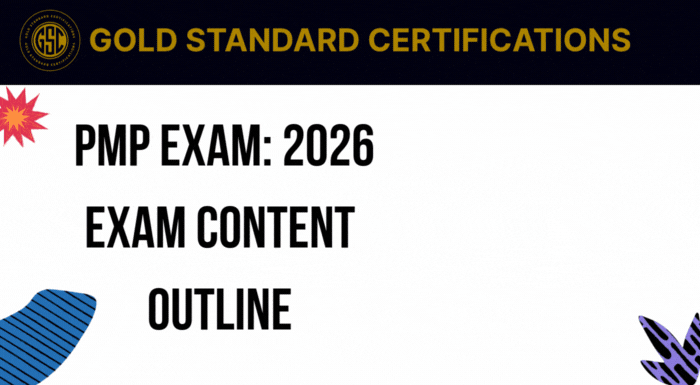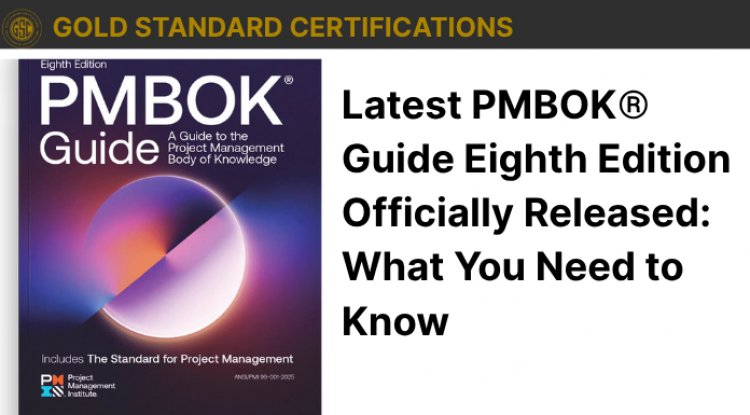How to choose the right project management methodology?
Choosing the right project management methodology is accomplished by evaluating the elements required for the project's progress. Learn about the popular project management methodology and how to choose the right project management methodology.

Project Delivery is a challenging process, it takes several twists and turns before reaching the ultimate goal. Whether it is a start-up or an established company, there has to be a stage-by-stage plan for completing the project. For the project to shape well, it requires a specific methodology, called project management methodology. There are several project management methodologies, but it is the responsibility and choice of the organization and project manager to choose the right project management methodology based on the workflow of the company. Learn how to choose the right project management methodology.
Importance of Project Management Methodology
Project Management Methodology is a set of principles for achieving project success in an organization. Its introduction has led to a change in the dynamics of implementing the plan of the project, which required proper management methods and tools. With the introduction of project management methodology, companies witnessed the following such as, there was the elimination of major and minor errors, Projects delivered on time, well-planned budget and scope, and hence becoming a proven method for a project's success. Project Management Methodology works as a common ground for all the projects within an organization.
Only about 46% of the organization is making use of adaptive project management methodology. But in the past few years, it is increasing very commonly. The popular project management methodologies are PMP, Prince 2, Agile, Scrum, Kanban, and Extreme Programming. These certifications not just add value for the individual aspirants but also benefits the companies.
Why Project Management Methodology?
Are you aware that about 47% of organizations have a clear path for Project Management? For witnessing professional development, the organization requires a higher level of project management.
Project Management Methodology is a set of techniques and guidelines for business use. It helps to plan, progress, accomplish and attain the goal. The methodology adopted need not have to be narrow, combine all the other elements from different methodologies for creating your own unique project management methodology, or you can also make use of the strategies used by established companies. It aims in standardizing, structuring, and organizing the work methodologies.
What happens to the organizations adapting project management methodology?
With a proper and suitable methodology for the company, it is possible to get maximum yields. With even distribution of work within the team, reduces chaos and increases flexibility thereby reaching the goal faster than expected. Here is the list of things the organization will be able to do by adopting project management methodologies:
- Quickly adapting new technology
- Learning to invest limited resources to achieve maximum success
- Helps in developing skills for project manager
- Builds an efficient work culture
- Reduces error and risk of failure
- Increases the chance of success
- Keeps the team motivated
- Project Delivery on time
- Plans the budgeting
Adoption of project management methodology results in high-quality results. It works on the constraints such as resources, time, and cost. There is flexibility in the project schedule, organized work culture, and well prepared for the unexpected risk involved during the progress of the project.
Project Management Methodology
There are different project management methodologies, every methodology comes with pros and cons, so one must learn which suits the best for the organization. Let us go through some of the most popular methodologies.
● Waterfall Methodology
It is a basic project management methodology that involves the process of task completion in sequential order. It involves traditional methodology with a straightforward approach. The methodology lets you move from one project phase to another, only if that phase is completed successfully, this is because the waterfall methodology follows a downward flow. They make use of the Gantt chart for the process of planning and scheduling
Most suited for: Manufacturing company, Construction Company, IT and software development.
● Agile Methodology
Agile Methodology involves a collaborative way to plan and schedule within the team. Agile Methodology is faster in process and flexible as well. There is always scope for improvement throughout the process, unlike the waterfall methodology. They are quick to change and respond. It breaks the progress of the project into several phases.
Most suited for: Any large-scale industries like Banking and Finance, Healthcare, and any government agencies, Marketing, and Advertising agencies.
● Project Management Body of Knowledge (PMBOK)
PMBOK is the first source for Project Management Methodologies. PMBOK was introduced by PMI (Project Management Institute) which offers PMP Certification. PMI produced the methodologies through the book called PMBOK, which provides the guidelines for planning, scheduling, executing, and controlling. It is the collection of the best practices, terminologies, methodologies, and processes.
Most suited for: Construction industry, Finance, Healthcare, Government, Legal Project Management, etc.
● Critical Path Method (CPM)
The most important feature of the CPM methodology is that it involves a work breakdown structure and marks the duration of those tasks. If the project includes the longest sequence of tasks, CPM helps in finishing the task and ensures it is not delayed. It is a beginner-friendly methodology, which helps you to map out the task and its duration.
Most suited for: It is suitable for large as well as small companies. The construction industry, Software development, Research, and Development.
● Kanban Methodology
It is a visual approach towards the completion of tasks. A Kanban board is placed on the work premises, to track the workflow and progress among the team members. It is a great project management methodology for agile projects as it helps with inefficiency. It retains full transparency within the team and improves real-time communication. Any sort of dependency is immediately identified and solved.
Most suited for: Manufacturing units, Healthcare, IT, and Software development.
● Scrum Methodology
It is known for its sprint approach in project management. It is ideal for a team that consists of more than 10 people. It organizes the team to collaborate over short daily meetings known as daily scrum meetings. It adopts the framework of agile methodologies, to fit into larger organizations. It helps the organization for smoother workflow by managing the meetings and efficient project delivery. It is a collective, faster, effective, iterative, and continuous process.
Most suited for: Product Development, Advertising/Marketing, Event Planning, Construction, Automotive, Finance related companies, and Military.
Tips for choosing the right project management methodology
Project Management Methodology has a great impact on a project's success. Ensure to train the team members properly, for achieving success. Here are some of the tips for choosing the right project management methodology:
- Needs of the project: Make a list of the required resources of the project, and gather all other necessary information for the project's progress. A clear outline will help you determine the project's needs. The first initial step must involve the budget, timeline, objective of the project, number of team members, and the complexity involved in the progress of the project.
- Calculating the risk: Just by analyzing the needs of the project, there must be a clear vision of the risk involved with the project. In Spite of adopting the best project management methodology, there is a certain amount of risk involved in it. Team collaboration plays an important role in calculating the risk.
- Lookup for the constraints: Every progress comes with limitations. Identify that limitation for a smoother flow of tasks. Earlier identification reduces chaos in the latter level of the project’s progress.
- Know the project type: There must be a clear vision about planning, scheduling, and delivery of the project. Collecting the information regarding the overall budget of the project, client requirements, and the influence of stakeholders, all these factors must align with the objective of the project.
- Evaluate the complexity involved: Get to know if the project requires additional resources. It requires at least near to accurate scaling to avoid complexity in the progress.
One of the most common mistakes that happen to the organization is that they tend to adopt the popular project management methodology. But it is the responsibility of the project manager to overlook all the factors for choosing the right project management methodology. Begin with the advantages and disadvantages of each methodology, check whether the project is simple or complex and all other elements influencing the final delivery. With a better understanding of the objective of the project, it is possible to choose the right methodology.
If you are aspiring to become a project manager, Gold Standard Certification offers you a variety of project management courses to achieve your goals.














